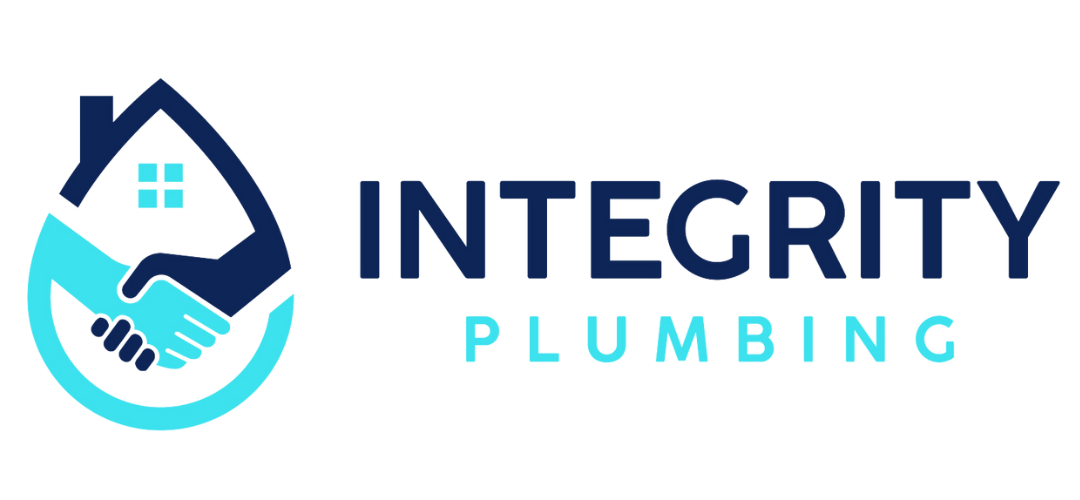The Hidden Dangers of Neglecting Home Plumbing Maintenance
When it comes to home maintenance, plumbing often takes a backseat. While it's easy to overlook the pipes and fixtures that run behind the walls, neglecting plumbing maintenance can lead to significant problems. From costly repairs to health hazards, the dangers of ignoring your plumbing system are numerous. In this article, we’ll delve into why regular plumbing maintenance is essential and what risks you might face if you neglect it.
The Financial Impact of Plumbing Neglect
One of the most immediate dangers of neglecting plumbing maintenance is the financial burden of unexpected repairs. Small issues like a dripping faucet or a slow drain might seem minor, but they can escalate quickly.
1. Minor Leaks Turn into Major Problems
A small leak might not seem like a big deal, but over time, it can lead to significant water damage. Water can seep into walls, floors, and ceilings, causing structural damage that is costly to repair. Moreover, constant leaks can result in higher water bills, adding to your expenses.
2. Burst Pipes
In colder climates, neglecting to properly insulate pipes can result in them freezing and bursting during the winter. A burst pipe can flood your home, causing extensive damage to flooring, furniture, and personal belongings. The cost of emergency repairs and water damage restoration can be astronomical.
3. Sewer Line Issues
A neglected sewer line can cause serious problems. Tree roots, shifting soil, and age can all contribute to sewer line damage. A broken sewer line can result in raw sewage backing up into your home, which is both a health hazard and a major expense to clean up.
Health Hazards from Poor Plumbing Maintenance
Ignoring plumbing maintenance doesn’t just hurt your wallet; it can also impact your health.
1. Mold and Mildew Growth
Persistent leaks create a moist environment that is perfect for mold and mildew growth. These fungi release spores into the air that can trigger allergies, asthma, and other respiratory issues. Mold can grow on walls, under floors, and even within HVAC systems, spreading throughout your home.
2. Contaminated Water Supply
Old or corroded pipes can contaminate your water supply with harmful substances like lead or rust. Drinking or bathing in contaminated water poses serious health risks, particularly for young children and the elderly. Regular maintenance can help identify and replace these problematic pipes before they cause harm.
3. Sewer Gas Exposure
If your plumbing system is not properly maintained, you could be exposed to sewer gases. These gases are not only foul-smelling but also toxic. Prolonged exposure to sewer gases can lead to headaches, dizziness, and even more severe health problems like hydrogen sulfide poisoning.
Structural Damage and Home Value
Your home is a significant investment, and maintaining its plumbing is crucial to preserving its value.
1. Water Damage
Unaddressed leaks and bursts can lead to extensive water damage. This can compromise the structural integrity of your home, weakening foundations, walls, and floors. Water damage can also cause wood to rot and metal to rust, leading to further structural issues.
2. Decreased Property Value
A home with a poorly maintained plumbing system is less attractive to potential buyers. Visible water damage, mold growth, and outdated plumbing fixtures can significantly decrease your home’s value. Prospective buyers may be wary of future repair costs and potential health hazards, making it harder to sell your home at a fair price.
3. Increased Insurance Premiums
Homes with a history of plumbing issues may face higher insurance premiums. Insurance companies may view your home as a higher risk, leading to increased rates. In some cases, severe or ongoing plumbing problems might make it difficult to obtain home insurance at all.
Environmental Impact
Neglecting your plumbing doesn’t just affect you and your home; it also has environmental repercussions.
1. Water Waste
Leaking faucets, toilets, and pipes contribute to significant water waste. According to the Environmental Protection Agency (EPA), household leaks can waste nearly 10,000 gallons of water every year. This not only increases your water bill but also puts unnecessary strain on local water resources.
2. Energy Waste
Hot water leaks waste energy in addition to water. Heating water accounts for a significant portion of household energy use, and leaks force your water heater to work harder, increasing your energy consumption and carbon footprint.
Preventive Measures and Maintenance Tips
Regular plumbing maintenance can prevent many of these issues. Here are some tips to keep your plumbing system in good shape:
1. Inspect Regularly
Perform regular inspections of your plumbing system. Look for signs of leaks, corrosion, and other issues. Pay attention to your water meter; a spike in usage could indicate a hidden leak.
2. Maintain Drains
Keep your drains clear by avoiding the disposal of grease, hair, and other debris down the sink. Use drain guards to catch larger particles, and periodically clean your drains with a mixture of baking soda and vinegar.
3. Insulate Pipes
In colder climates, insulate your pipes to prevent freezing. Pay special attention to pipes in unheated areas like basements, attics, and garages.
4. Check Water Pressure
High water pressure can strain your pipes and fixtures, leading to leaks. Use a pressure gauge to check your water pressure, and if it’s too high, install a pressure regulator.
5. Schedule Professional Inspections
Have a professional plumber inspect your system annually. They can identify and address potential problems before they escalate into major issues.
Conclusion
Neglecting home plumbing maintenance can lead to severe financial, health, and environmental consequences. Regular inspections and timely repairs are essential to keeping your plumbing system in good working order. By investing in routine maintenance, you can prevent costly repairs, protect your health, preserve your home's value, and reduce your environmental footprint. Don’t wait for a minor issue to turn into a major problem—take action today to ensure your plumbing system is well-maintained and functioning efficiently.

